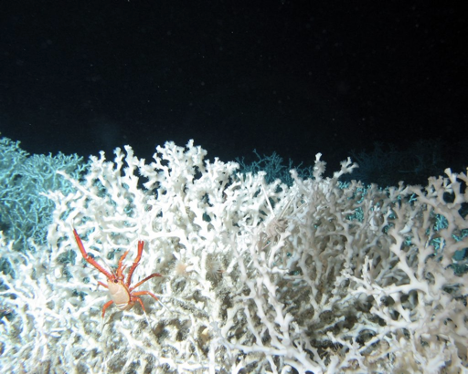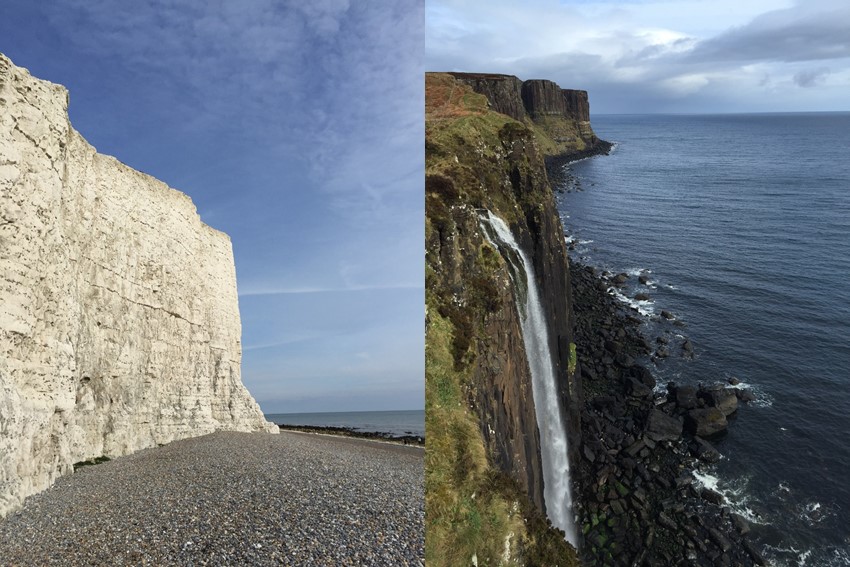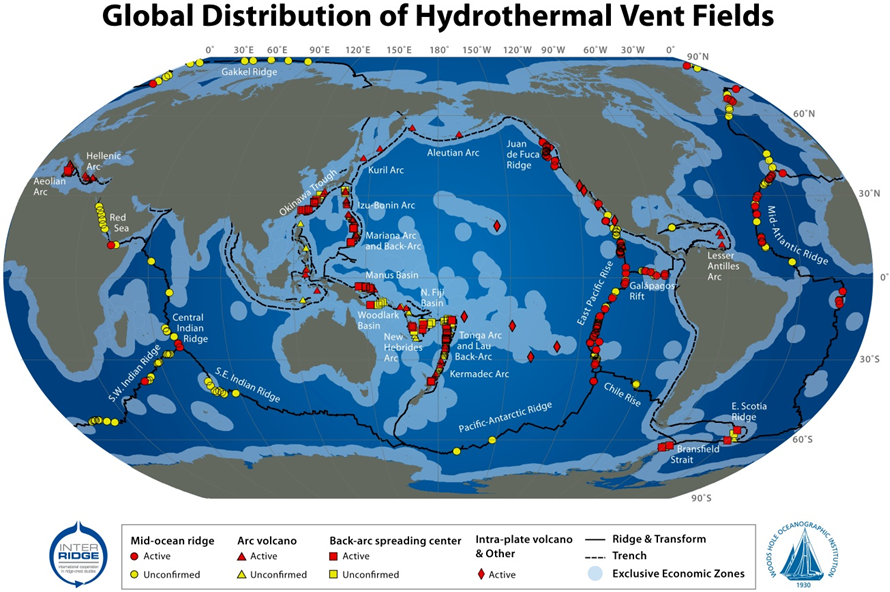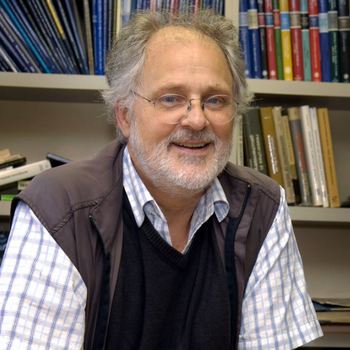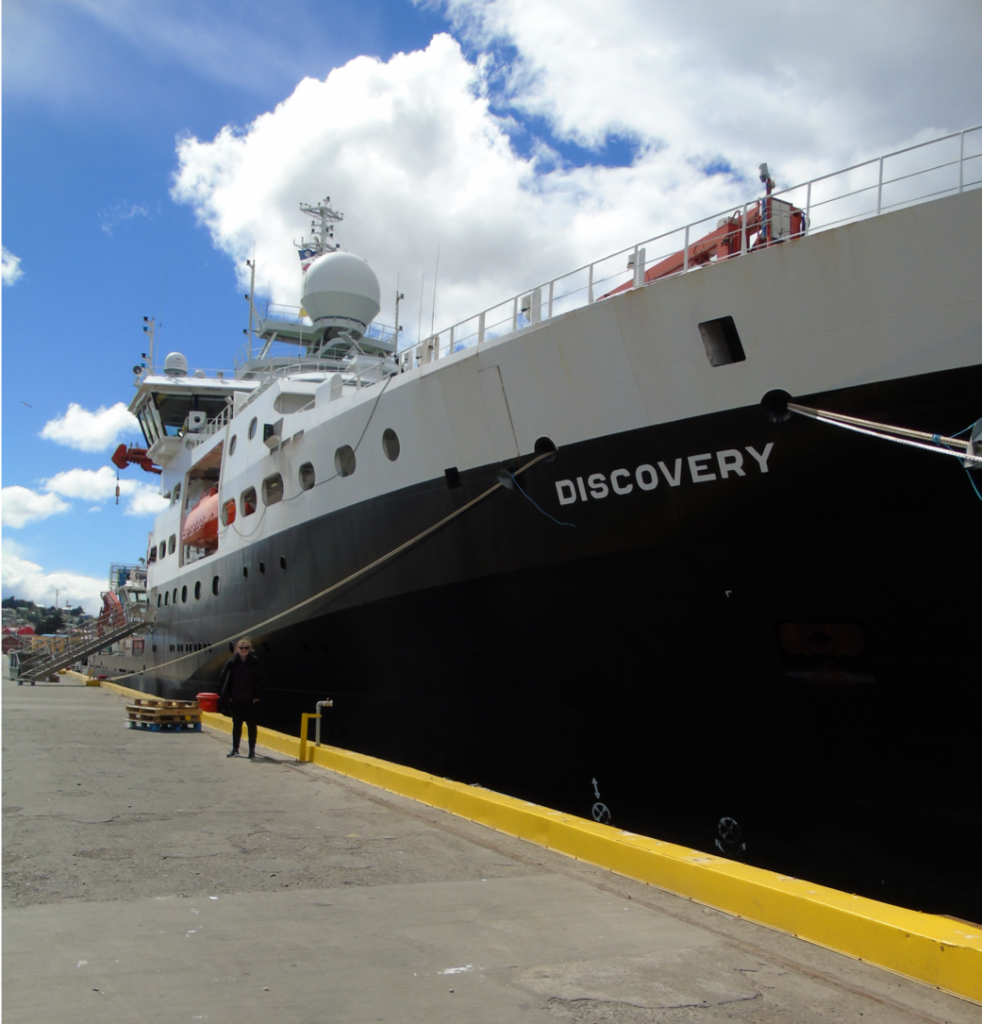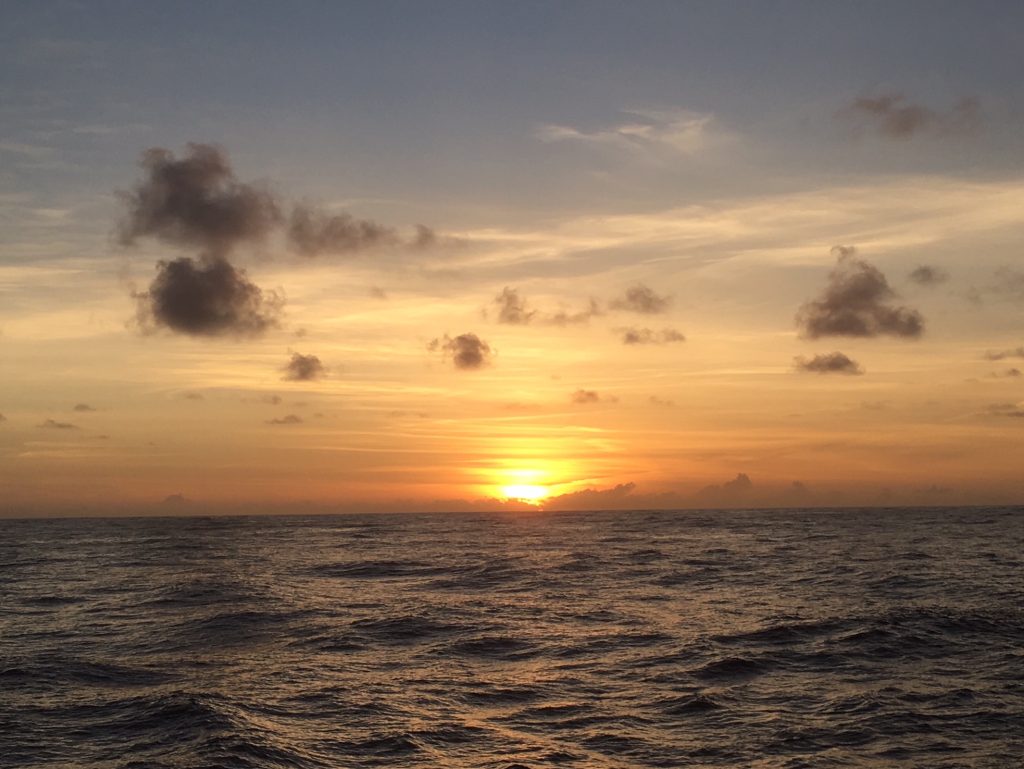
Why do we need a Decade of Ocean Science for Sustainable Development?
Oceanography is a relative newcomer to the long list of recognised disciplines studied by scholars across the planet. We oceanographers assert that the first true ocean science was carried out in the mid 19th century. In 1872 HMS Challenger set sail from Portsmouth on the world’s first global oceanographic expedition. These early ocean scientists were often Naval officers serving on lengthy expeditions to far flung parts of the globe.
Continue reading →

